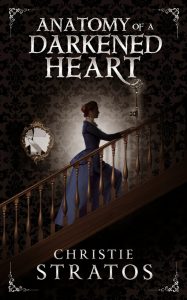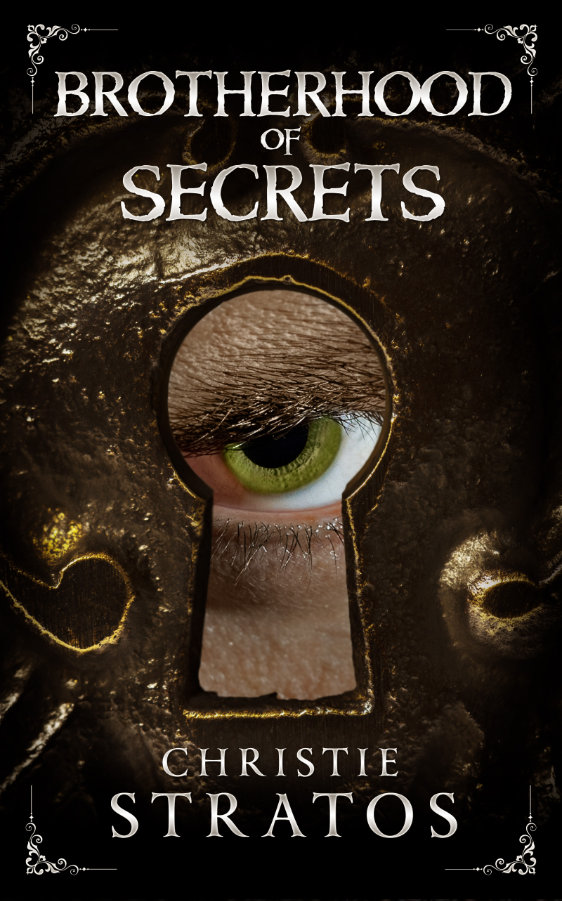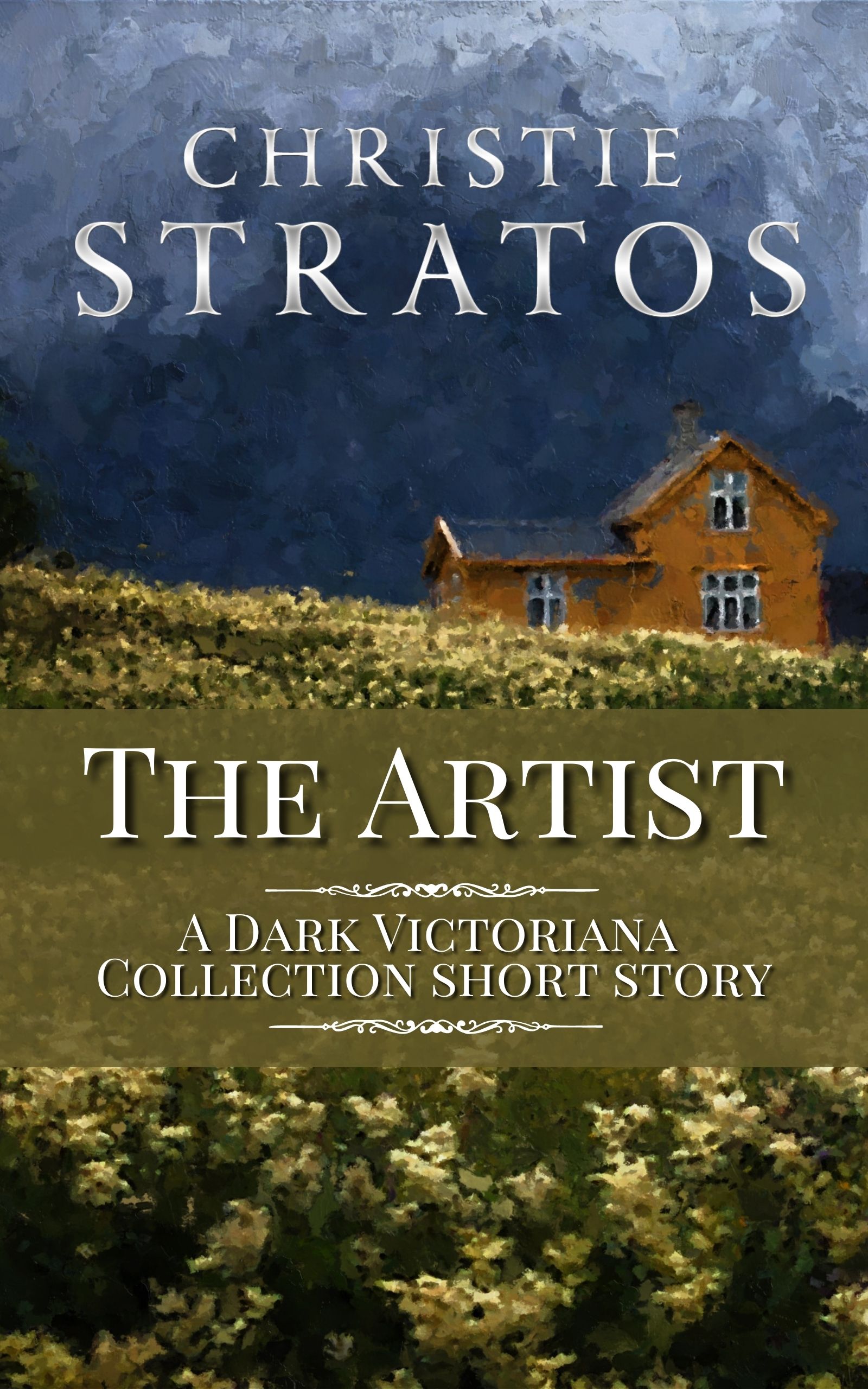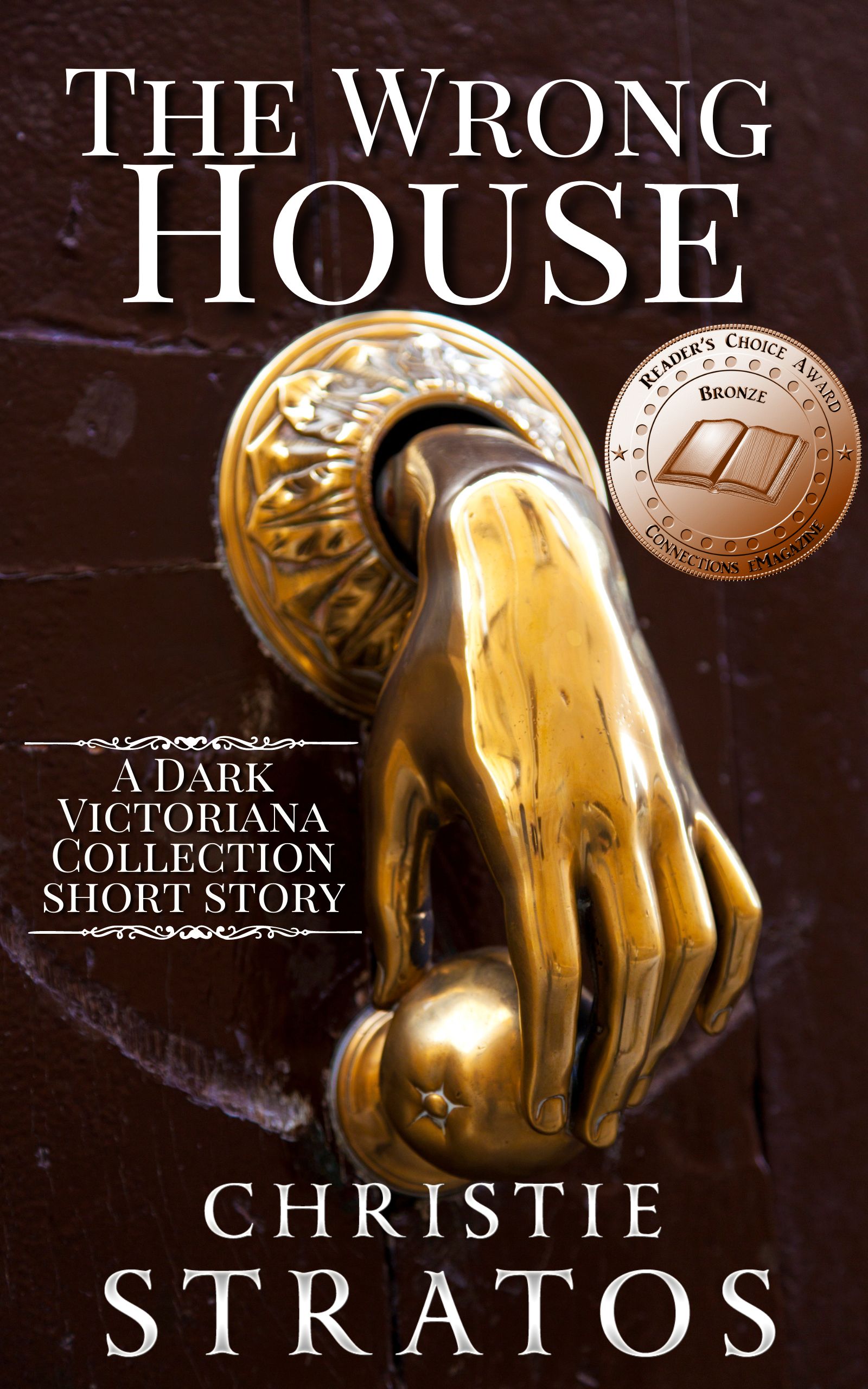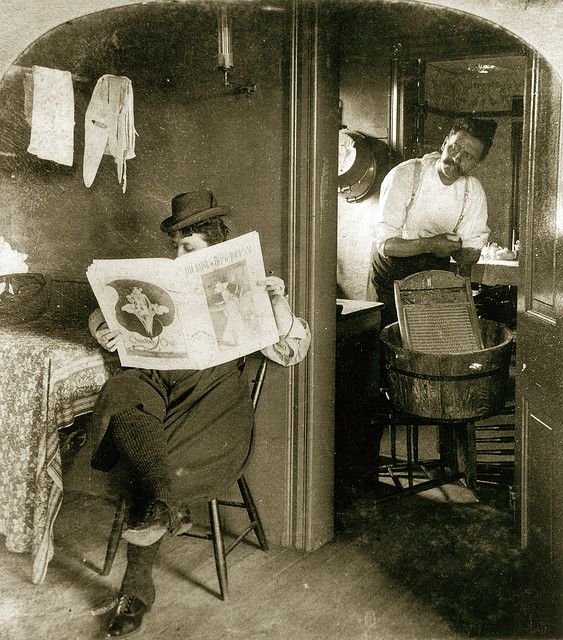

This late 19th century image is meant to be satirical, a role reversal of men and women of the time. The woman is “wearing the pants” (not literally allowed in real life yet though, that was still off limits), wearing a masculine hat, and worst of all, reading a newspaper. ::shock horror!::
In Victorian times, it was thought that women shouldn’t read the newspaper because it was too intense for them. They were too delicate to handle it. So the husband could share what he felt was appropriate. That’s not to say women didn’t read them at all, but it was discouraged.
Notice that the man in the image is doing what was then considered “woman’s work”: doing the washing—any washing.
I find images like this fascinating since they say so much about the time without saying a single word.
So what were Victorian women supposed to read? You’ve probably seen in period dramas that women often read into the night and were advised not to when it was too dim by candlelight or gas lamp, the fear of ruining their eyes being the main reason. Clearly they were reading something.
Novels.
Novels were acceptable reading for women, though some novels were thought of as tawdry and low. (You shouldn’t read newspapers, only novels, but only some novels—exhausting!)
Novels were held suitable for women, because they were seen as creatures of the imagination, of limited intellectual capacity, both frivolous and emotional. The novel was the antithesis of practical and instructive literature. It demanded little, and its sole purpose was to amuse readers with time on their hands. Above all, the novel belonged to the domain of the imagination. Newspapers, reporting on public events, were usually a male preserve; novels, dealing with the inner life, were part of the private sphere to which nineteenth-century bourgeois women were relegated.
—”New Readers in the Nineteenth Century: Women, Children, Workers” by Martyn Lyons
The bolding in that quote is my own.
Guess what classic work supposedly corrupted the minds of women? “My mind became unnerved, my judgement perverted, my estimate of people and things wholly falsified.” Guess what caused this for Charlotte Elizabeth Browne, daughter of a Norwich clergyman?
The Merchant of Venice.
Supposedly she read it when she was seven (Shakespeare at seven!) and it totally corrupted her. Whether this is true or exaggerated for the benefit of keeping other women away from “vanity, thoughtlessness, or overindulgence” at the hands of fiction is hard to say. But that’s the story.
If you like unusual Victorian history like this, follow me on Instagram and join my newsletter for more!


